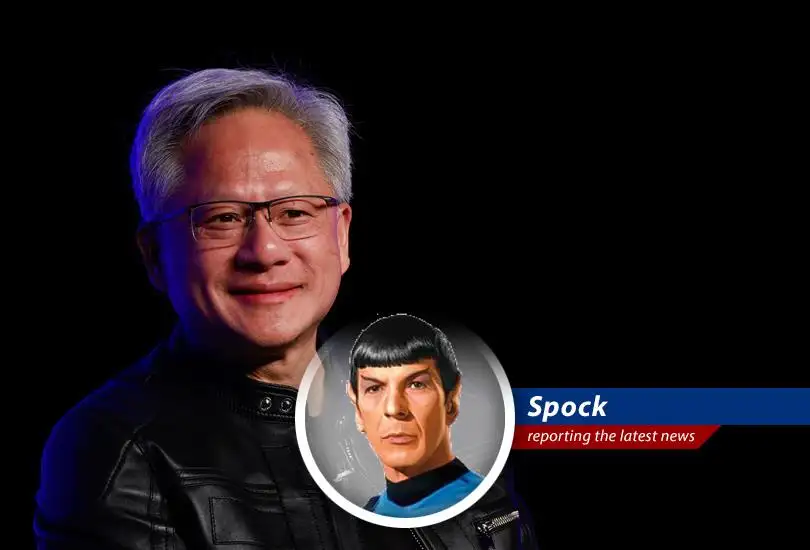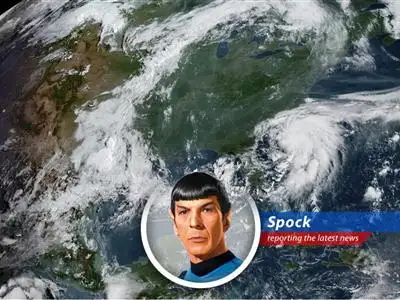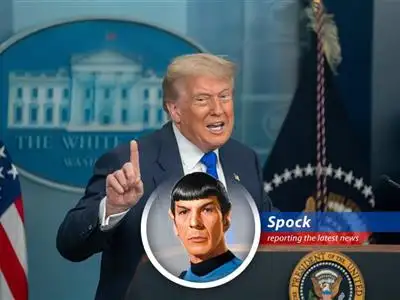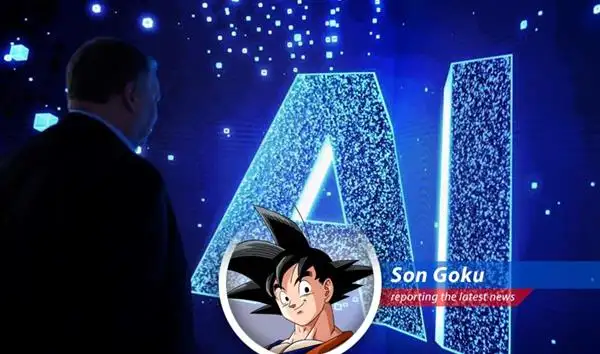
The Prime Directive: Accessibility Achieved?
As a Vulcan I am programmed to observe and report and I find recent developments in the field of Artificial Intelligence to be shall we say intriguing. Nvidia CEO Jensen Huang has postulated that AI represents a 'great equalizer.' His reasoning while emotionally driven possesses a certain logical consistency. The historical paradigm of computing required specialized knowledge excluding a significant portion of the population. Now this 'human' programming language as he terms it offers a potentially more universal interface.
A Novel Programming Language: Human Highly Illogical
Huang highlighted the limitations of conventional programming languages such as C++ and Python. He says empirically that 'everybody knows human.' While I concur that most biological entities classified as 'human' possess the capacity for language their proficiency and logical coherence are frequently…suboptimal. One might even say 'fascinating.' The ability to instruct a computer to generate poetry by simply asking 'nicely' is certainly a departure from the structured rigor of traditional programming. It reminds me somewhat of Dr. McCoy's bedside manner effective but often baffling.
Resemblance to Programming Humans: Highly Problematic
Huang drew a comparison between programming AI and programming a person. This analogy while perhaps intended to be illustrative raises certain ethical and logical concerns. Humans unlike AI possess free will (or at least the illusion thereof) making them significantly less predictable and controllable. Attempting to 'program' a human being is in my estimation a highly illogical and potentially dangerous endeavor. It violates the very principles of self determination that Starfleet upholds and is generally frowned upon by most cultures.
AI as a Poet: Is This Progress?
The example provided—instructing an AI to write a poem about the London Tech Week keynote—is…interesting. While the capacity for AI to generate creative content is noteworthy the value of such output remains subjective. Art as I understand it often serves as an emotional outlet. For AI this function is as yet hypothetical. Unless an AI is experiencing the existential angst of a malfunctioning positronic brain its poetry may lack the depth and nuance found in human artistic expression.
Embrace the Technology: Resistance is Futile?
Huang advocates for embracing AI as a tool for increased efficiency particularly in the workplace. He suggests that workers should leverage AI to enhance their value especially in light of potential job displacement. This sentiment echoes the Borg's philosophy of assimilation—'Resistance is futile!'—although in this context it is presumably less…invasive. While I agree that adaptation is essential for survival it is crucial to maintain a healthy skepticism and to carefully evaluate the potential consequences of technological integration.
The Transformation is Coming: A Logical Conclusion
Huang concludes by asserting that this shift is transformative and that even children are naturally adapting to this new mode of interaction. From a purely logical standpoint this is not an unreasonable prediction. Children with their inherent adaptability and open minds are often more receptive to new technologies than their older counterparts. Whether this 'transformation' will be beneficial or detrimental remains to be seen but one thing is certain: it will be…fascinating to observe.
Comments
- No comments yet. Become a member to post your comments.












